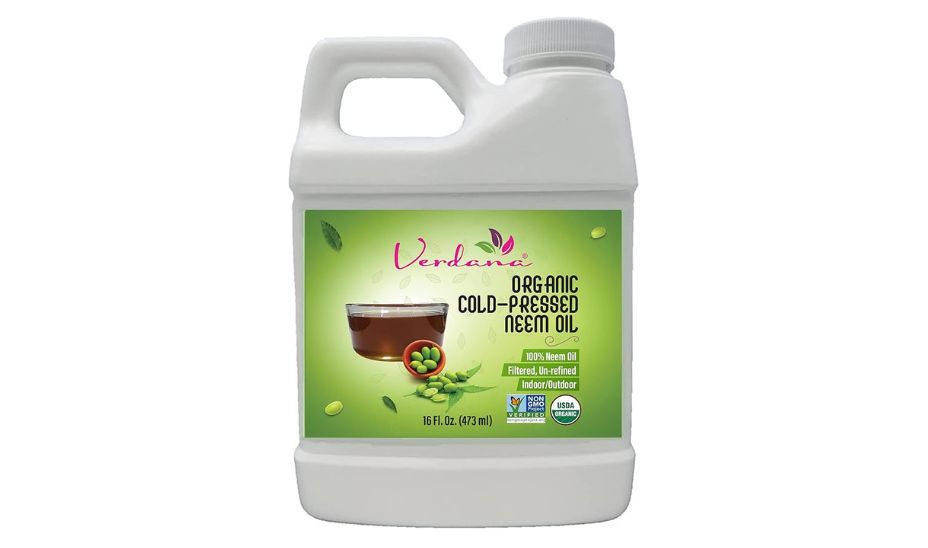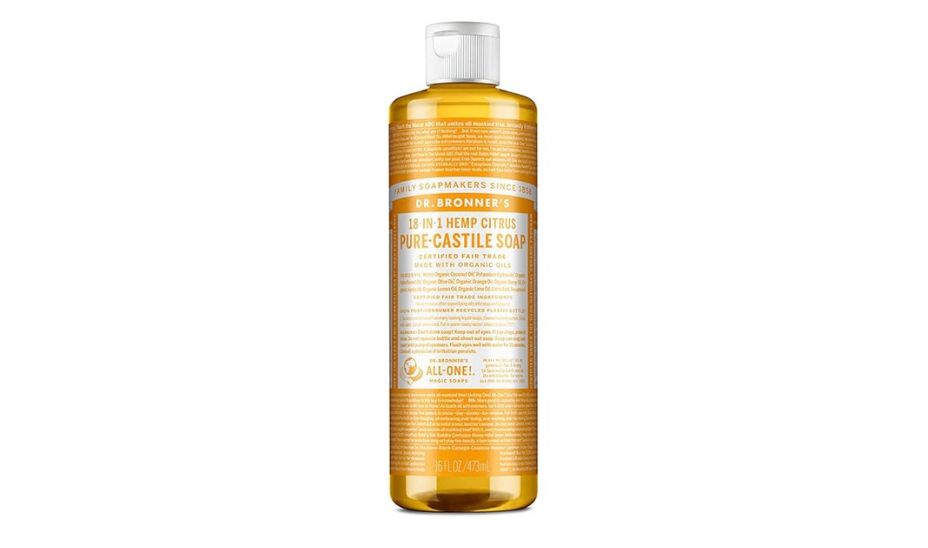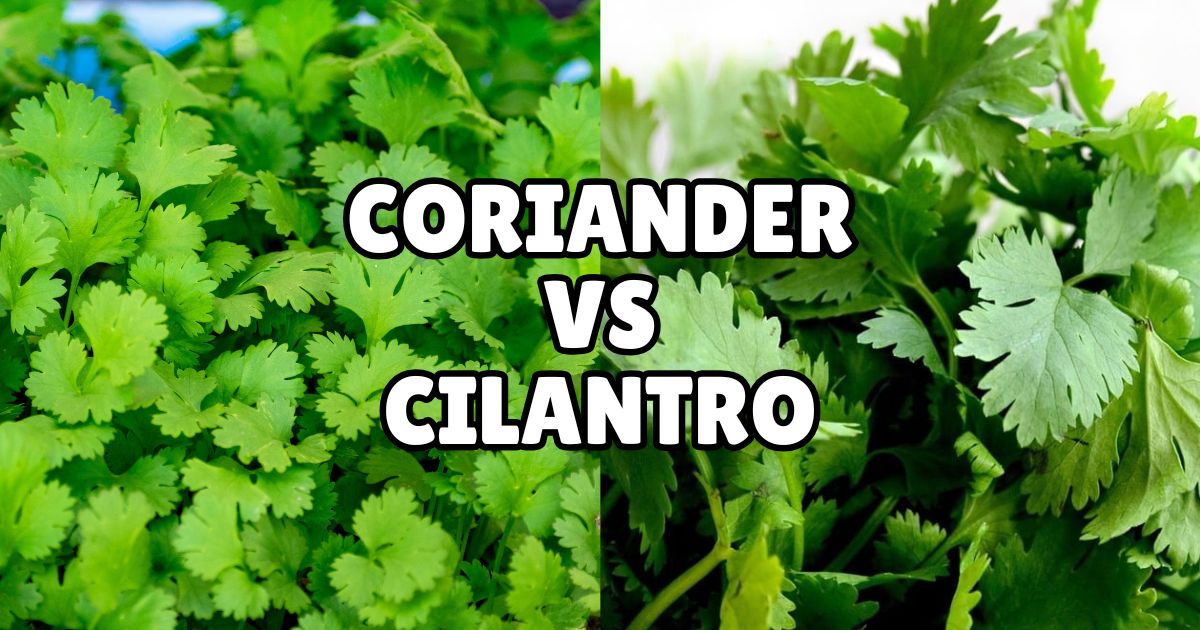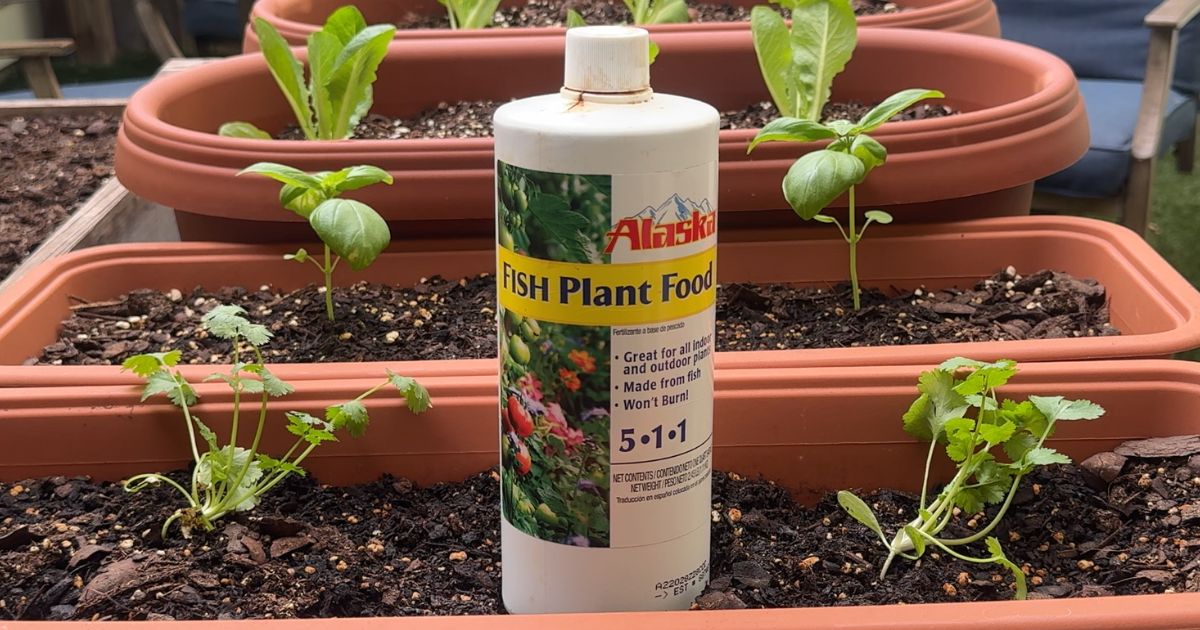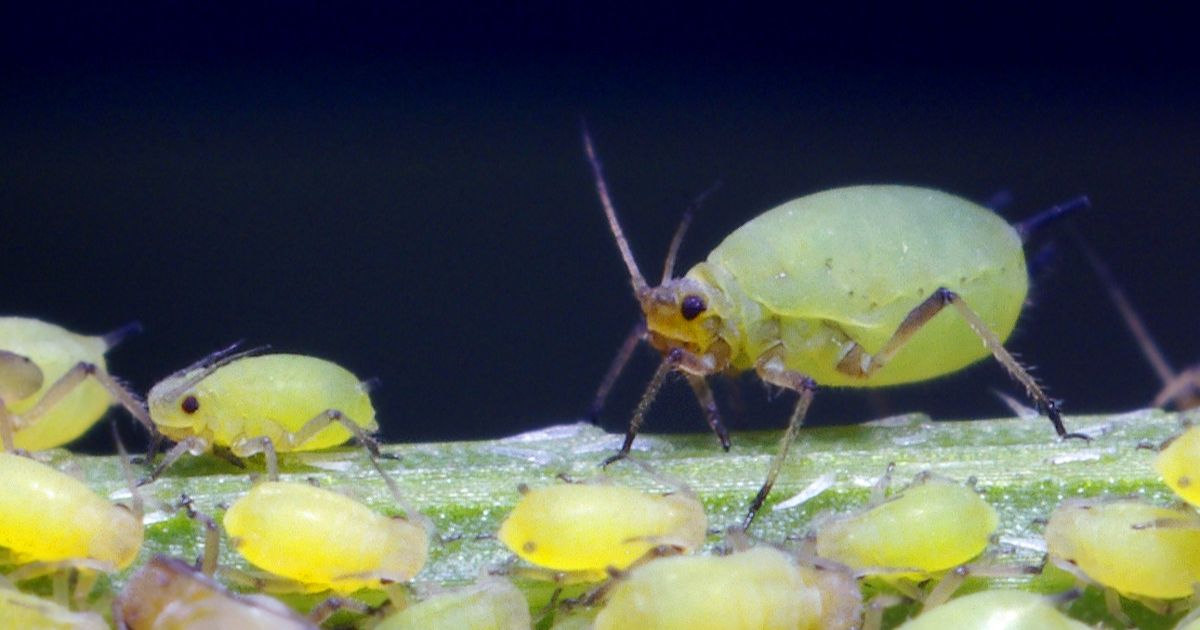
How to Get Rid of Aphids Permanently: Complete Guide
Aphids are a common and destructive pest that can wreak havoc in your garden. From woolly aphids to black aphids, these pests infest plants and cause significant damage. In this comprehensive guide, you’ll learn how to get rid of aphids, including tips on removing aphids on roses and achieving long-term control.
What Are Aphids?
Aphids are small, soft-bodied insects that feed on the sap of plants. They come in various colors, including green, black, yellow, and white, and some species, like woolly aphids, have a fluffy, waxy coating. Aphids can reproduce rapidly, making them difficult to control if left unchecked.
Common Types of Aphids
- Green Aphids: Commonly found on a variety of plants, especially vegetables.
- Black Aphids: Often infest beans, tomatoes, and ornamental plants.
- Woolly Aphids: Identified by their cotton-like appearance, they typically infest fruit trees and shrubs.
Signs of Aphid Infestation
- Curled or Distorted Leaves: Aphids suck sap from plants, causing leaf damage.
- Sticky Residue (Honeydew): Aphids excrete a sugary substance called honeydew, which can attract ants and lead to sooty mold.
- Visible Clusters: Aphids often gather on the undersides of leaves, stems, or flower buds.
- Stunted Growth: Infested plants may struggle to grow or bloom.
How to Get Rid of Aphids
Non-Chemical Methods
-
Manual Removal:
- Wash plants with a strong spray of water to dislodge aphids.
- Use your fingers or a damp cloth to wipe them off leaves and stems.
-
Introduce Beneficial Insects:
- Ladybugs, lacewings, and parasitic wasps feed on aphids.
- Attract these natural predators by planting flowers like marigolds, dill, and yarrow.
-
Prune Infested Areas:
- Remove heavily infested leaves or stems to stop the spread.
-
Homemade Sprays:
- Mix water with a few drops of dish soap and spray plants to suffocate aphids.
- Add neem oil to the solution for added effectiveness.
Biological and Organic Solutions
-
Neem Oil:
- Neem oil disrupts aphid growth and reproduction.
- Apply it weekly until aphids are gone.
-
Insecticidal Soaps:
- Use ready-made insecticidal soaps to target aphids without harming beneficial insects.
-
Companion Planting:
- Plant garlic, chives, or onions near vulnerable plants to repel aphids.
Chemical Methods
- Use chemical insecticides as a last resort, focusing on those labeled safe for your plants and effective against aphids.
- Apply treatments in the early morning or late evening to avoid harming pollinators.
How to Get Rid of Aphids Permanently
-
Maintain Healthy Plants:
- Keep plants well-watered and fertilized to improve their resistance to aphids.
-
Regular Inspections:
- Inspect plants frequently for early signs of aphids, especially in spring and early summer.
-
Remove Ant Colonies:
- Ants protect aphids for their honeydew. Control ants by using bait traps or barriers.
-
Rotate Crops:
- In vegetable gardens, rotate crops to prevent recurring infestations.
-
Year-Round Maintenance:
- Remove plant debris and weeds where aphids can overwinter.
Special Focus: Aphids on Roses
Roses are a favorite target for aphids, especially during spring. Here’s how to tackle them:
- Inspect Regularly: Check rosebuds, stems, and leaves for clusters of aphids.
- Spray with Water: Use a hose to wash off aphids without damaging the roses.
- Apply Neem Oil: Use neem oil or insecticidal soap specifically on aphids on roses.
- Encourage Ladybugs: Release ladybugs in your rose garden to naturally control aphids.
Dealing with Woolly Aphids
Woolly aphids can be more challenging due to their protective waxy coating. Here’s how to manage them:
- Scrape Off Clusters: Use a brush or cloth to remove visible aphids.
- Use Neem Oil or Rubbing Alcohol: These penetrate the waxy coating and kill the aphids.
- Prune Affected Areas: Remove branches or stems with heavy infestations.
Conclusion
Aphids can be a persistent garden pest, but with a combination of natural and chemical methods, you can control and eliminate them effectively. Whether you’re dealing with black aphids, woolly aphids, or aphids on roses, consistent care and preventive measures are key to keeping your plants healthy and pest-free.
